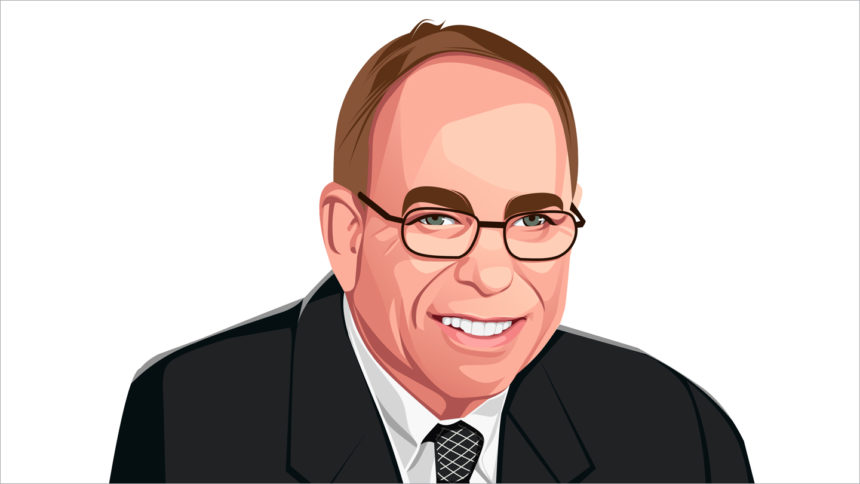

One of the more popular tropes about senior living is that while the sector is not recession proof, it remains recession resistant. That assessment may soon get tested, again.
Deutsche Bank has become the nation’s first financial institution to claim a mild recession is heading our way. In fact, the bank doubled down on the prediction when the Federal Reserve stepped up efforts to tamp down inflation.
“We will get a major recession,” analysts claimed. Their reasoning? Even if inflation may be peaking, it’s not going to get back to anywhere near the Fed’s traditional 2% goal any time soon.
As the German firm’s bankers see it, the Fed is likely to raise interest rates so aggressively that the overall economy will be harmed.
“We regard it … as highly likely that the Fed will have to step on the brakes even more firmly, and a deep recession will be needed to bring inflation to heel,” they wrote.
To be sure, this assessment is hardly universal. In fact, the research economists over at Bank of America have since countered that a recession will not happen this year (but a growth slowdown will).
BofA’s alternative assessment posits that major recent shocks to the global economy — including Russia’s war in Ukraine, supply-chain holdups, interest rate hikes and China’s COVID-19 lockdowns — were not synchronized, which helped reduce their collective impact.
Guess we’ll find out who has a better crystal ball soon enough. Which gets us back to whether a recession will devastate the senior living sector.
We know from recent history – such as the Financial Crisis of 2007-2008 – that senior living can take a punch. Yes, occupancy and other financial benchmarks were negatively affected at that time. But the damage, at least when compared with other parts of the economy, was relatively minor. So there’s that.
But is it different this time? After all, we are (hopefully) just climbing out of a two-year pandemic that has eviscerated occupancy rates, fueled what may be an unprecedented staffing shortage and raised operational costs as never before. That’s a lot of extra stress. Nor were there so many other options competing for the same customers in earlier times. Or growing public sentiment that congregate living and compromised immune systems might not be a desirable mix.
To be sure, a recession this year will not help.
But will it be a death blow? Overall, no. But it may be the final straw for some operators who were struggling when the pandemic began.
Yet in some ways, the real long-term damage of a recession might be seen elsewhere.
Senior living once proudly described itself as a market-driven alternative to those welfare queens down the street running nursing homes. But increasingly, its operators are showing themselves more than willing to tap into Medicaid funding and other tax dollars to make payroll and keep the lights on. In other words, it is becoming an increasingly subsidized business. Hey, I get it. Desperate times and all.
Still, it’s worth remembering the adage about the person paying the piper calling the tune. Uncle Sam may be a handy benefactor. But he can be a very demanding business partner — and a lousy boss. Many operators in this field may soon make that realization the hard way.
John O’Connor is editorial director of McKnight’s Senior Living and its sister media brands, McKnight’s Long-Term Care News, which focuses on skilled nursing, and McKnight’s Home Care. Read more of his columns here.

